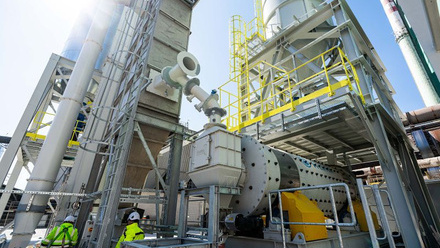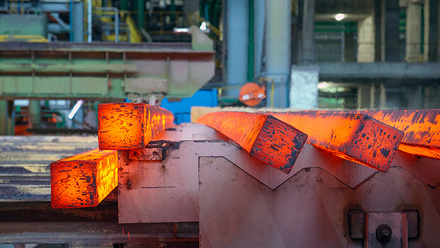UK carbon capture policy choices are deepening fossil gas reliance, says new research
Seventy-eight per cent of carbon capture in 2030 in the UK will come from projects that require long-term fossil fuel use, reports the Institute for Energy Economics & Financial Analysis (IEEFA).

It warns that the UK Government's £20bln carbon capture and storage (CCS) policy is falling short of the country's net-zero targets.
Current CCS incentives within the Track 1 projects instead 'excessively' back projects focused on 'blue' hydrogen, which is produced from gas as opposed to renewable power. These will increase the long-term reliance on fossil gas in the UK energy mix, says the IEEFA.
It also notes that the eight selected projects in Track 1 will not meet the UK's CCS requirements set out in the Sixth Carbon Budget.
The projects are expected to capture ~6MtCO2 per annum during their initial phase, or 27% of the CCC 2030 forecast. Assuming capacity is increased from follow-on phases before the end of the decade, the projects will still continue to fall short, meeting only 52% of the carbon capture target.
'It is clear that the UK Government needs to focus its attention on supporting CCS projects that increase decarbonisation of electricity supply while the UK energy mix transitions to lower-carbon sources,' says Andrew Reid, author of the report and a guest contributor at IEEFA Europe.







